Dhaka, February 2024 — Bangladesh’s military leadership has come under renewed public scrutiny following a wave of speculation about its alleged role in campus politics and the upcoming Dhaka University Central Students’ Union (DUCSU) elections. Army headquarters, however, has strongly denied any involvement in political activities, calling such claims “baseless and
misleading.”
Army Chief Responds to Allegations
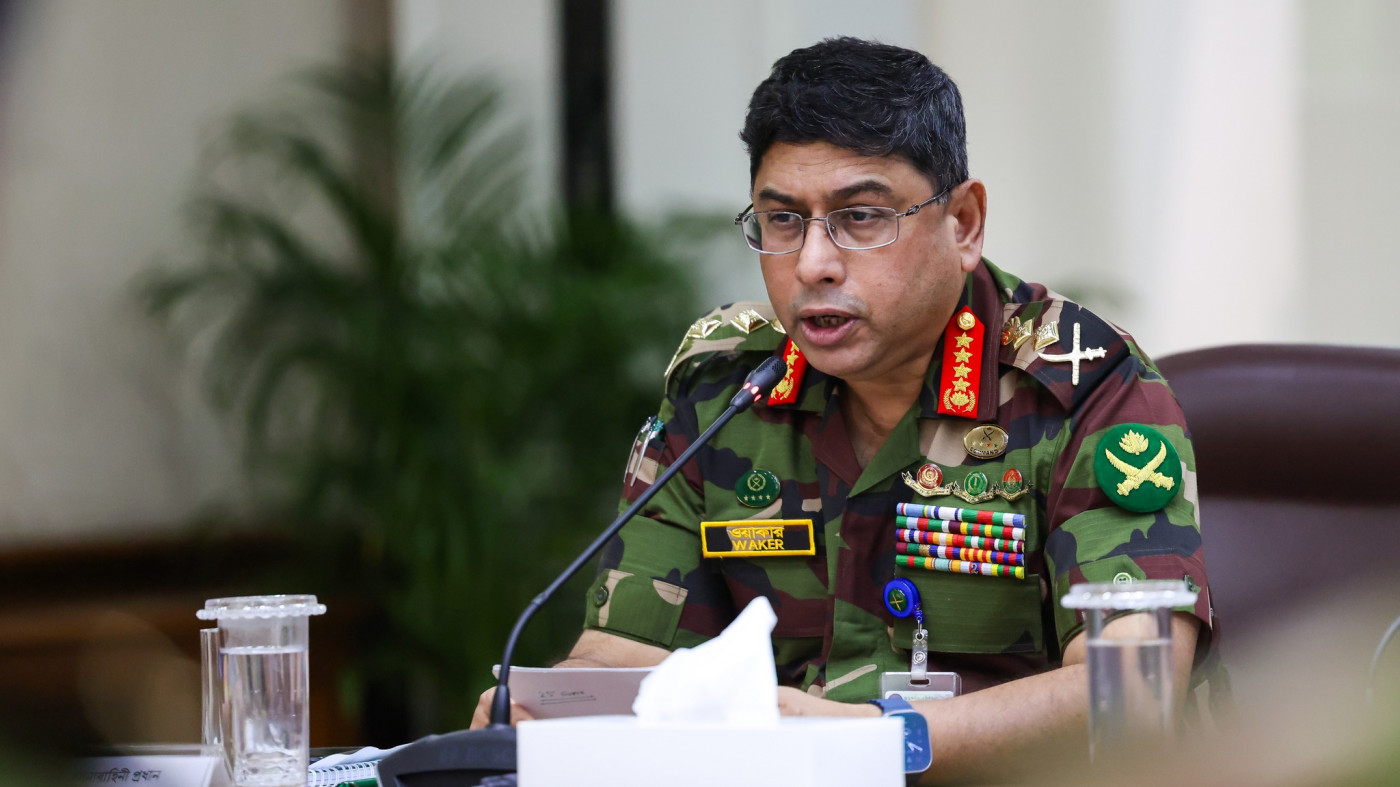
Image © 2024 The New York News. All rights reserved
At a recent press briefing in Dhaka, the Chief of Army Staff firmly rejected the accusations that the armed forces were attempting to influence student politics at Dhaka University. He described the reports as part of a “deliberate misinformation campaign” designed to erode public trust in the institution.
The Army Chief emphasized that the military’s role is constitutionally defined and strictly limited to safeguarding national sovereignty and assisting the civilian government when requested. “Dragging the armed forces into political controversies not only undermines our institution but also risks destabilizing the country at a sensitive time,” he said.
He also urged media outlets and political actors to act responsibly and verify information before circulating claims that could inflame tensions. According to him, the army’s reputation has been built on professionalism and sacrifice, and it “should not be tarnished by baseless allegations.”
Intelligence Agencies Under Spotlight
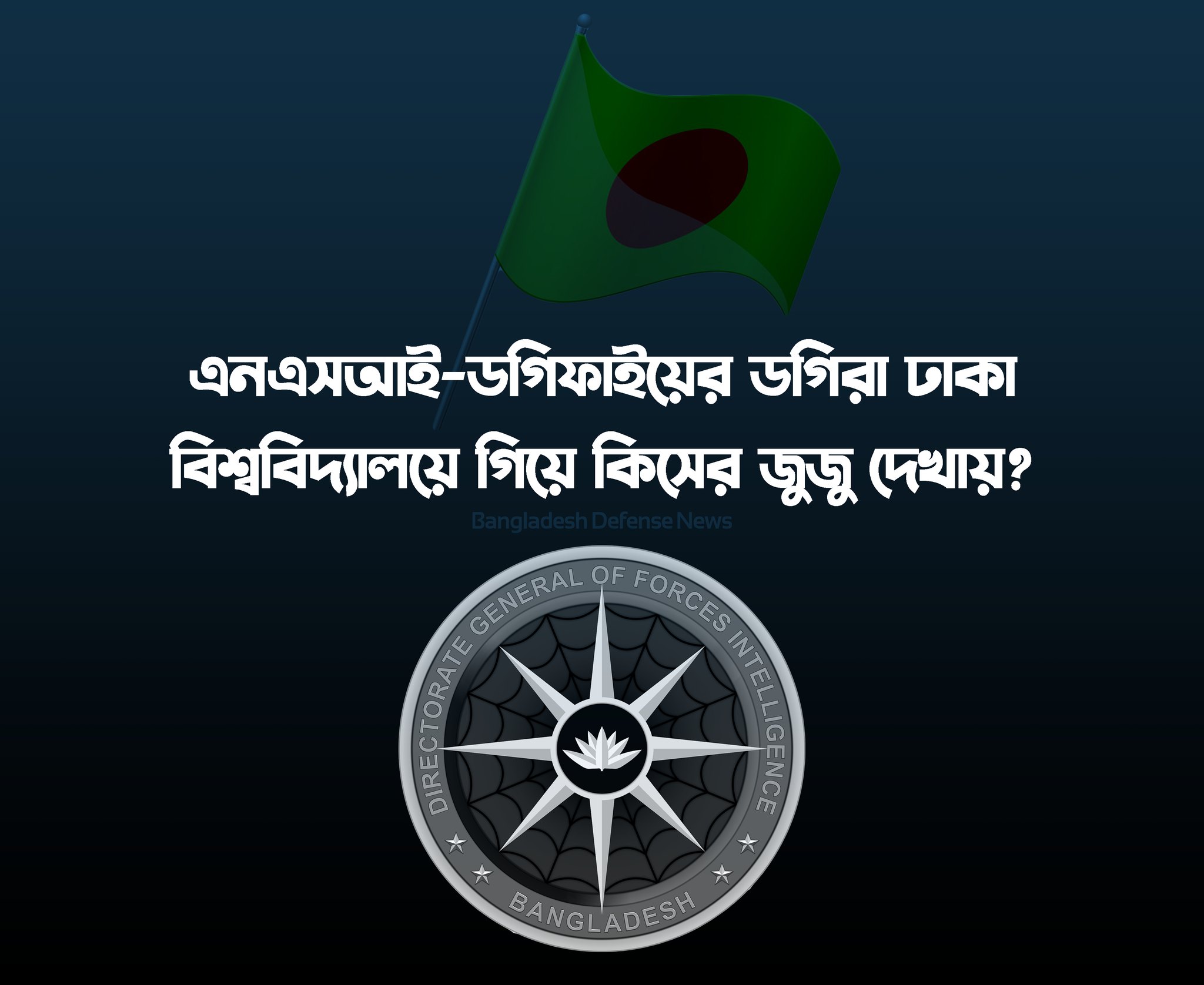
Image © 2024 The New York News. All rights reserved
Speculation intensified after reports surfaced on social media claiming that operatives from the Directorate General of Forces Intelligence (DGFI) were seen around Dhaka University. Critics suggested that the presence of intelligence officers on campus signaled covert monitoring of student politics ahead of the DUCSU elections.
Military officials, however, quickly rejected these claims, emphasizing that DGFI’s mandate is strictly national security and counterintelligence. Analysts noted that such rumors often emerge during politically sensitive times, when mistrust between opposition groups and state institutions is at its peak.
Observers added that spreading unverified stories about DGFI not only undermines the credibility of security agencies but also risks fueling tension among students, who are historically active in shaping Bangladesh’s political landscape.
Army Headquarters Issues Official Statement
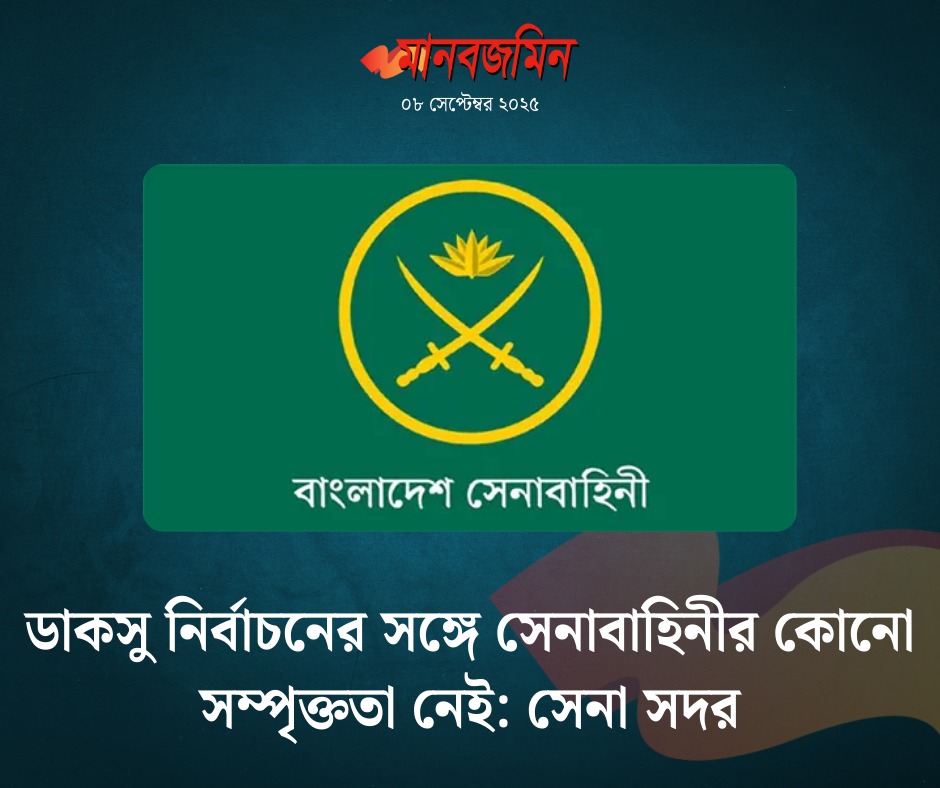
Image © 2024 The New York News. All rights reserved
On September 8, the Inter-Services Public Relations Directorate (ISPR), on behalf of Army Headquarters, released an official clarification dismissing reports of military involvement in the Dhaka University Central Students’ Union (DUCSU) election. The statement emphasized that the Bangladesh Army is a non-partisan institution, tasked exclusively with safeguarding the nation’s sovereignty and territorial integrity.
Army officials said such rumors are part of a “misinformation campaign” designed to undermine public trust in the military. They urged the media and the public to exercise caution before circulating unverified claims, noting that dragging the armed forces into civilian political contests only serves the interests of those who wish to destabilize the country.
The headquarters also reaffirmed that the armed forces remain focused on professional duties such as disaster relief, peacekeeping operations, and national defense, and will not be distracted by politically motivated allegations.
Analysts Warn of Rumors and Disinformation
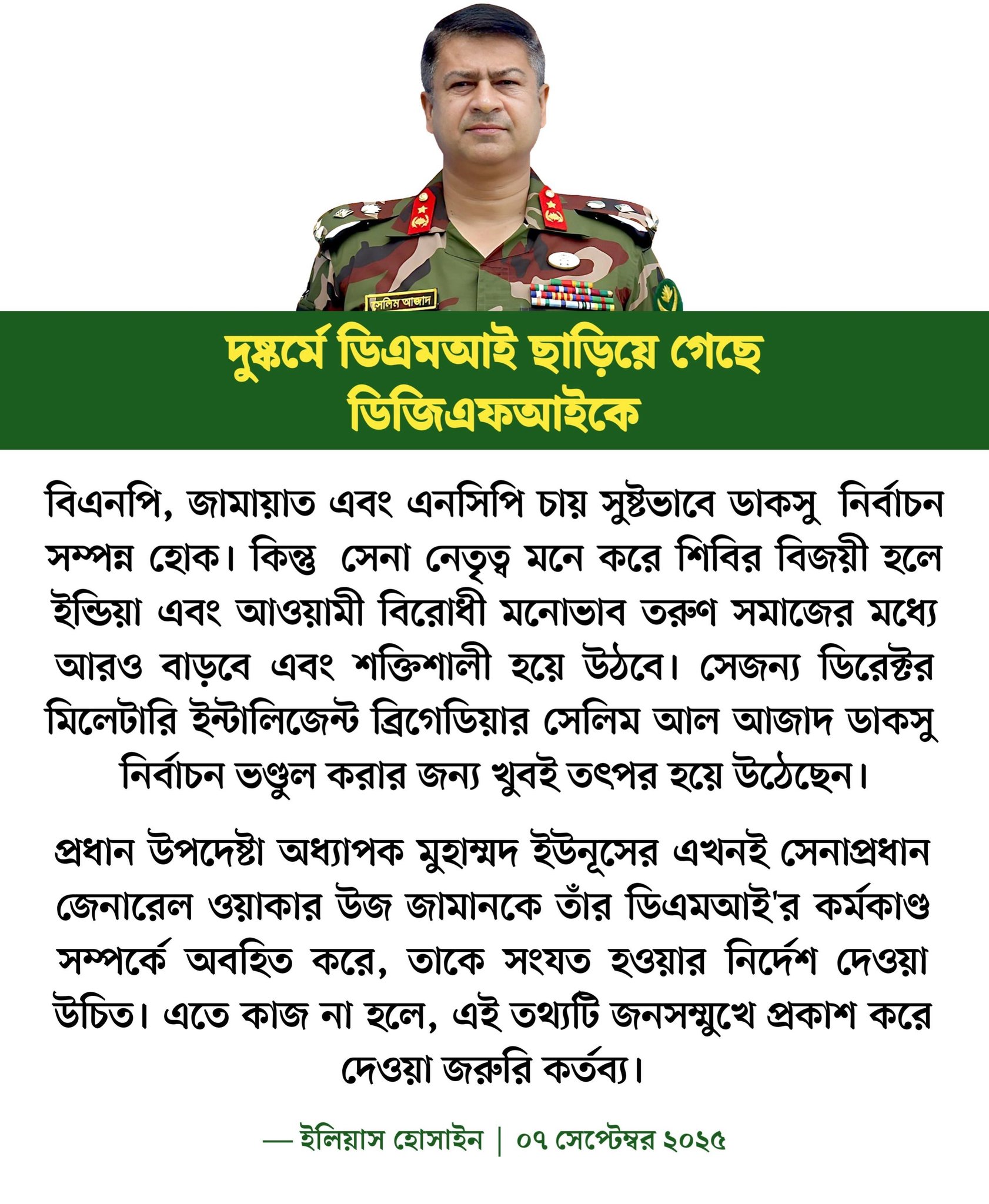
Image © 2024 The New York News. All rights reserved
Analysts and defense observers have cautioned that rumors linking the military to civilian politics are part of a wider disinformation effort aimed at undermining public trust in state institutions. Brigadier General Selim Al Azad, a senior military intelligence officer, noted that these narratives often emerge during politically sensitive times to create confusion and suspicion.
He explained that portraying the armed forces as politically active could deepen divisions within society and fuel mistrust between the military and the public. “If such misleading campaigns gain traction, they risk weakening democratic processes by painting neutral institutions as partisan players,” he said.
Independent commentators have also echoed the warning, stressing that unchecked rumors on social media and partisan outlets can quickly spiral into a broader credibility crisis. They urged both the government and the opposition to refrain from exploiting the military’s name for political advantage.
Focus on the Chief of Army Staff
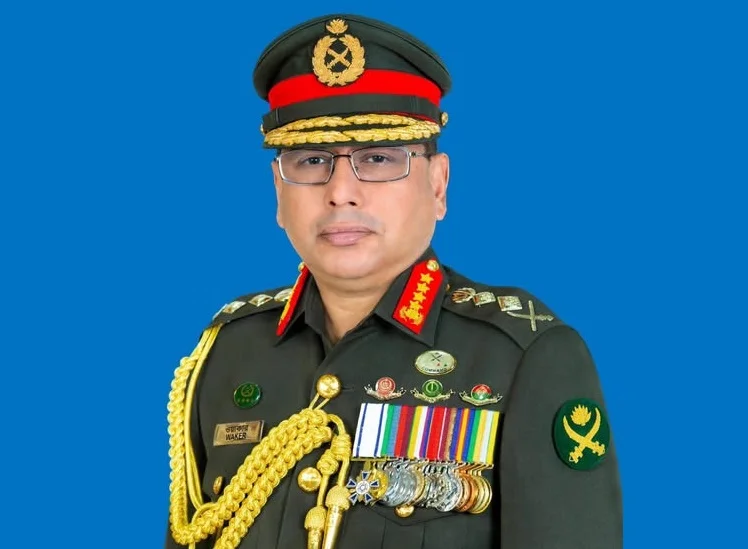
Image © 2024 The New York News. All rights reserved
General Waker-uz-Zaman, the current Chief of Army Staff, has become a central figure in the ongoing discussion. Known for his decades of service and numerous military honors, he has long been considered a disciplined and professional officer within the ranks. His rise to the top of the army was marked by postings in both domestic command roles and international peacekeeping missions, which bolstered his reputation abroad.
Yet, despite his professional background, General Waker has faced waves of criticism on social media and in political circles. Online debates often portray him as walking a fine line between safeguarding the army’s neutrality and being drawn into the country’s turbulent politics. Analysts suggest that his every statement is now scrutinized for political undertones — a challenge that underscores the difficulty of leading the armed forces during heightened electoral tensions.
Political Voices Enter the Debate
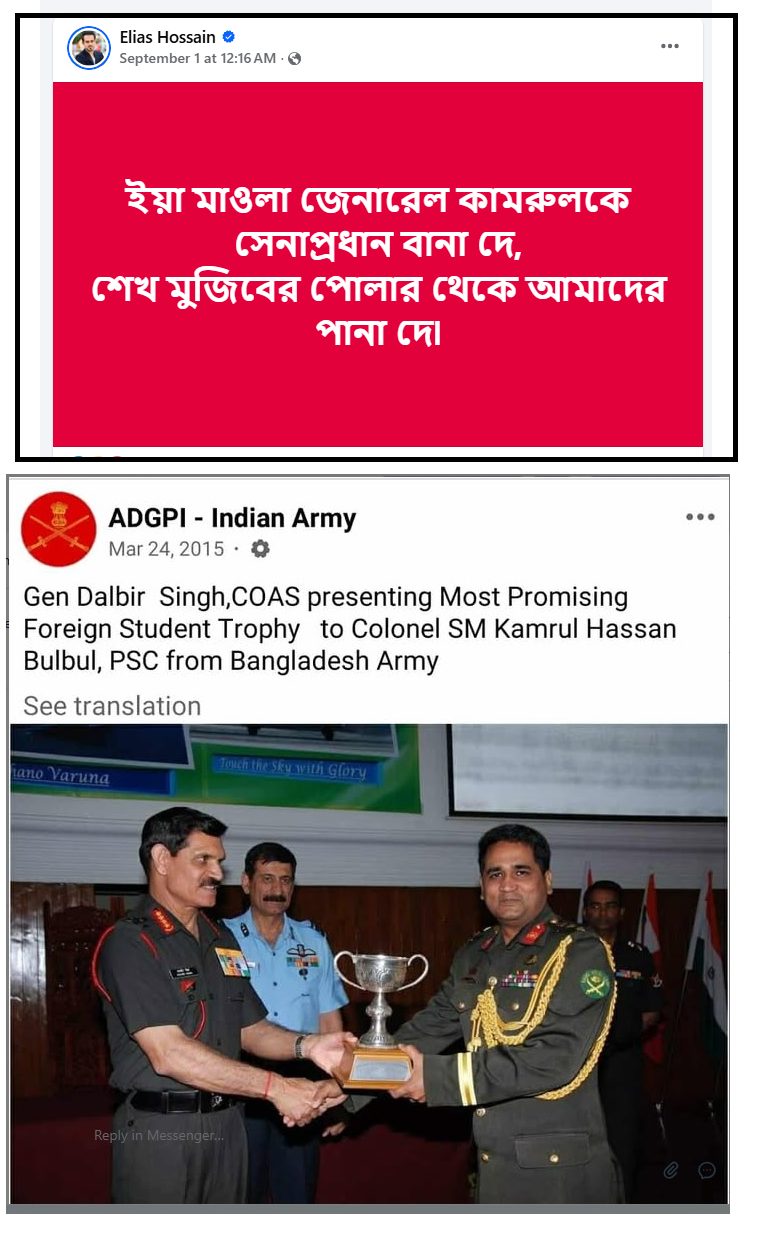
Image © 2024 The New York News. All rights reserved
Beyond official statements, political voices have amplified the debate. Journalist Elias Hossain and other commentators have taken to social media with pointed remarks, some urging changes in military leadership while others accused the army of being too close to the ruling establishment. Such posts quickly went viral, reflecting the heightened sensitivity surrounding the issue.
Analysts note that while online commentary can shape public perception, it often blurs the line between fact and opinion. Supporters of the army have condemned these remarks as attempts to undermine institutional credibility, while critics insist they highlight a genuine public concern. This tug-of-war in digital spaces underscores the fragile intersection of politics, media, and the military at a moment of national tension.
Profiles of Other Senior Officers
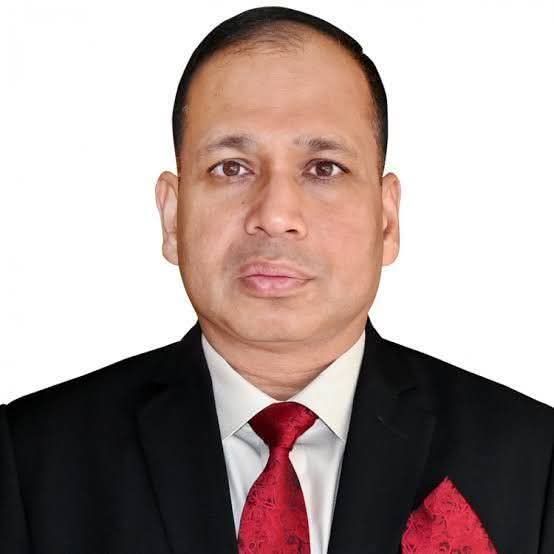
-
Image © 2024 The New York News. All rights reserved
Beyond the Army Chief, attention has also turned to other senior officers. Brigadier General Shams Mohammad Mamun, a career officer with a reputation for discipline and administrative skill, has been highlighted in discussions. His profile, circulated in defense circles, underscores his academic background, professional training, and steady rise through the ranks.
Observers note that including officers like Brig. Gen. Mamun in public debate signals a widening lens on military leadership. Analysts say it reflects not only curiosity about individual careers but also broader anxieties over whether institutional loyalty within the army can be preserved amid rising political noise.
Satire and Public Commentary
Image © 2024 The New York News. All rights reserved
Alongside official statements, satire has become a powerful way for the public to express skepticism about the military’s stance. Cartoons and caricatures are widely shared on social media, often exaggerating the Army Chief’s role or mocking supposed links with political groups.
One illustration that went viral depicted a senior officer kneeling before a monk-like figure, symbolizing dependency and misplaced loyalty. Such satire, while humorous in tone, reflects deeper anxieties among citizens about the blurred lines between state institutions and politics. Analysts say that these images resonate with younger audiences, especially students, who often use humor and parody as tools of protest.
Statements on Jamaat-e-Islami
Image © 2024 The New York News. All rights reserved
In August, the Army Chief made unusually candid remarks about Jamaat-e-Islami, noting that despite repeated attempts at dialogue, the party has often responded with hostility. He said the military had “done everything possible” to engage constructively, but Jamaat continued to lash out with “criticism, insults, and rejection.”
His comment — “I have never fallen in love with Jamaat, rather Jamaat has fallen upon me” — quickly spread across media and social platforms, sparking debate about the army’s relationship with Islamist politics. Some interpreted the statement as a warning against attempts by Jamaat to exploit unrest, while others saw it as an expression of frustration with a group long at odds with Bangladesh’s state institutions.
Conclusion
Observers argue that Bangladesh’s military leadership is caught in a difficult position — seeking to maintain professionalism while confronting waves of speculation, memes, and misinformation. While senior officers continue to assert neutrality, the circulation of statements, caricatures, and social media campaigns has kept the armed forces under the spotlight.
Analysts warn that if such rumors remain unchecked, they could erode public trust in state institutions and blur the line between civilian politics and military service. For now, the Army insists that its sole priority is safeguarding national security, but the political narrative surrounding its top leadership is likely to persist in the run-up to the elections.


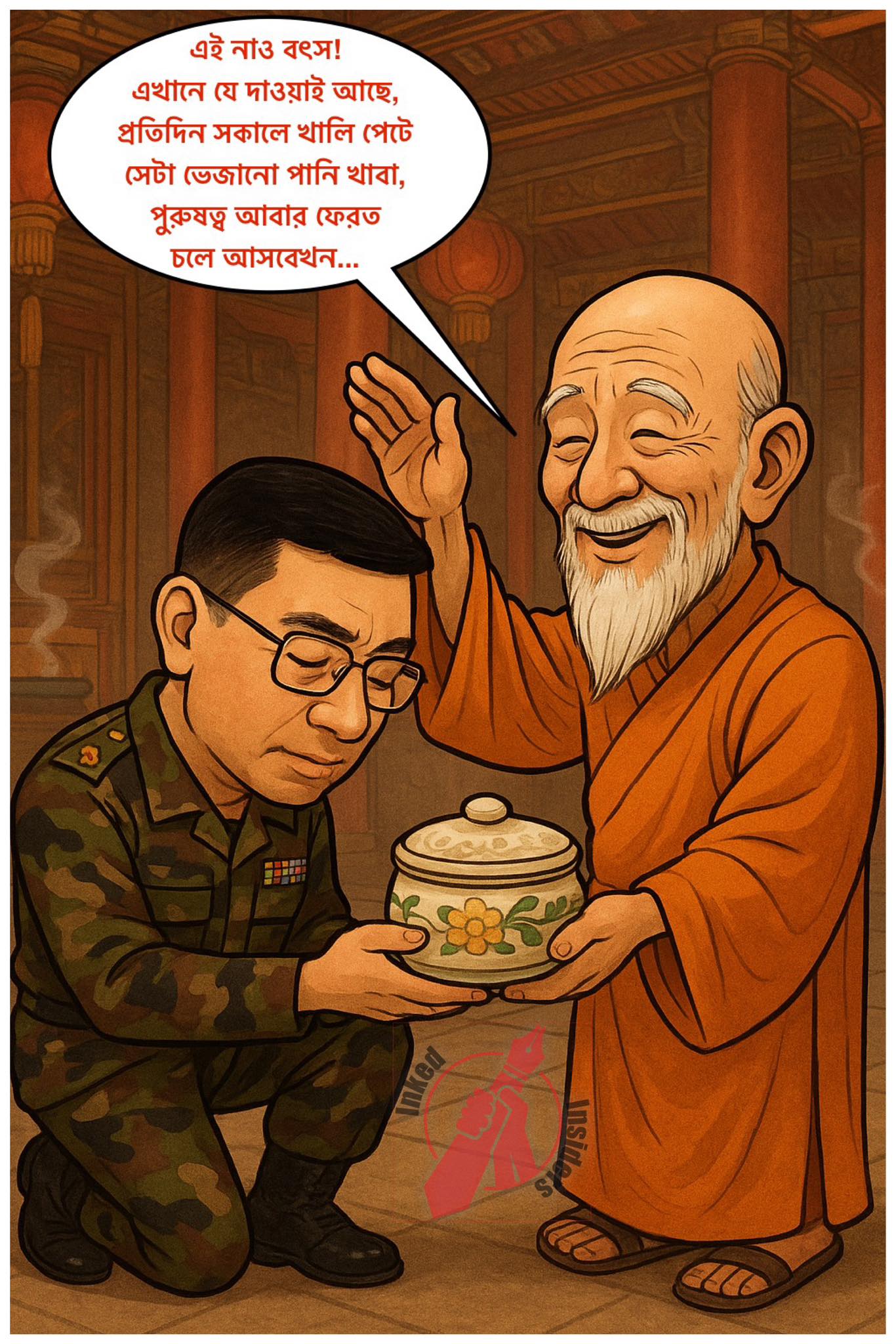
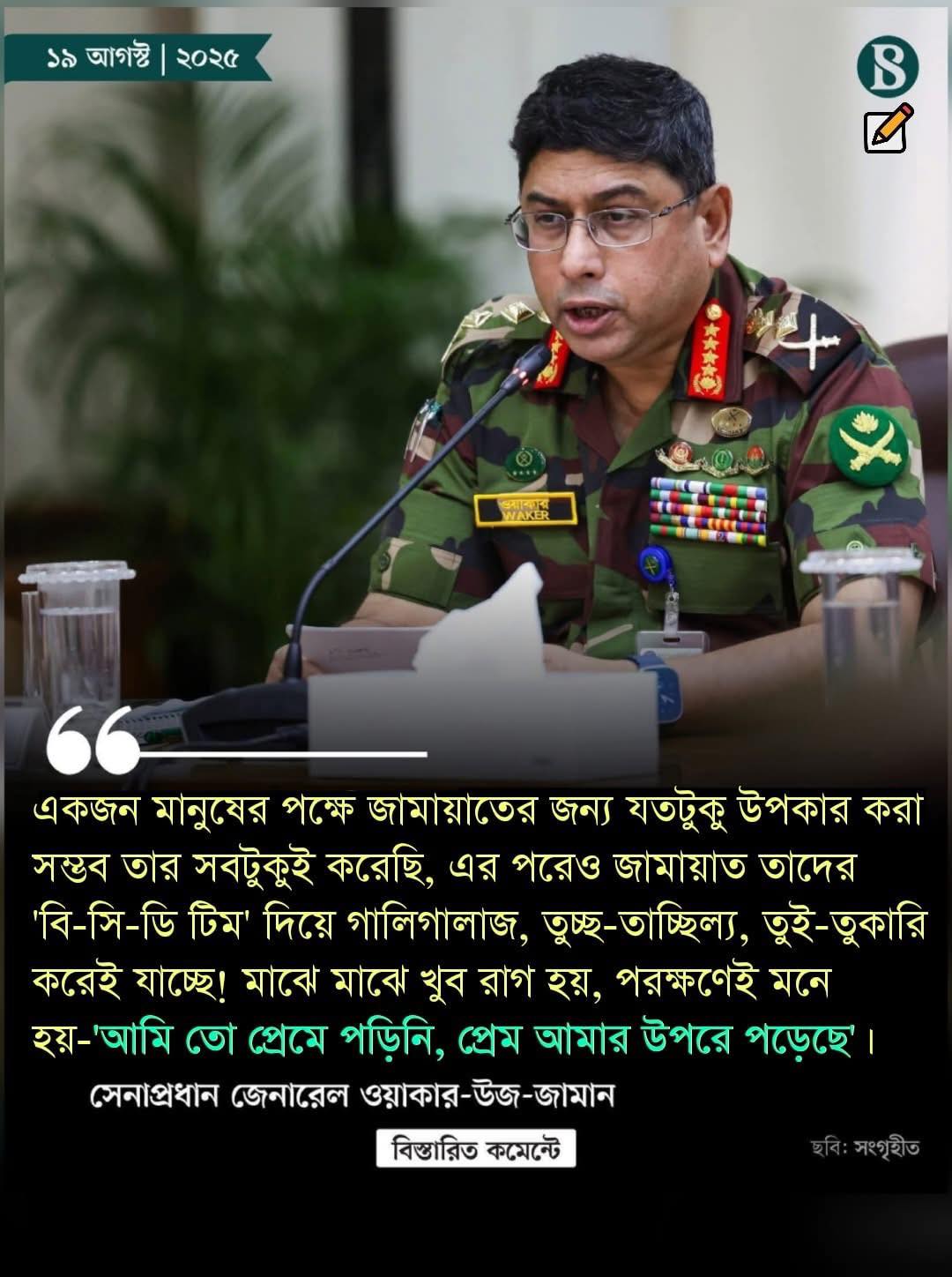
Leave a Reply